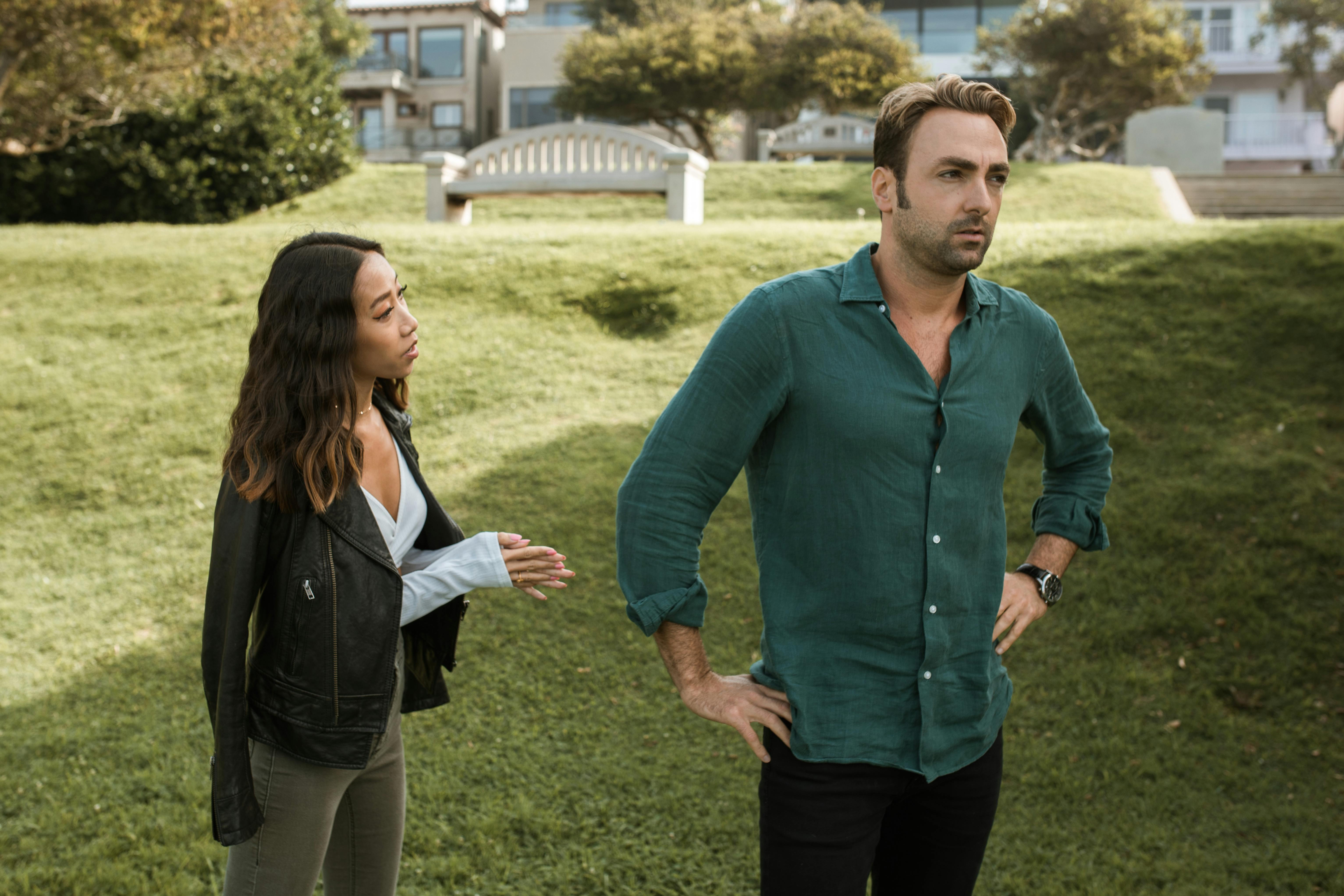Your kids will never play for a perfect coach. After 16 years of sporting upbringing, I have learned how some the coaches operate, wisdom I wish I had before my kids started playing.
1. A coach who has his own son on the team struggles with objectivity.
Being a parent AND a coach is hard. The coach father might be too hard on his son to show his fairness, or he might play his son more than others who are better athletes.
He is possible for parents who have trained for years before becoming a parent/coach, because they have competition ingrained in them, but it’s not easy. I watched my husband (a coach for many years before becoming a father) struggle with this problem. It all comes down to one simple question: is the coach/parent willing to do what is best for the team, not what is best for his child?
2. Coaches can make preseason promises that they don’t keep.
Sometimes coaches will tickle an athlete’s ears with promises like, “I’m counting on you to be a true team leader” or “You’re going to be a key person on our team this season.” image to make a child think that he will play a lot and play in whatever position he wants, simply because he needs players on the team. But once the season begins, the boy realizes that those words were not meant. If this happens to your young athlete, ask the coach to explain his preseason statements; if your athlete is in middle or high school, let him do it. Trainers must be held accountable for their lurid promises.
3. Coaches won’t always make sense.
Sometimes you may question your knowledge of the game and will disagree with your game calls or player substitutions. But remember, what you see from the stands may not match what the coach sees from the touchline. It may seem like the coach doesn’t make any sense, but you can be sure that he has his reasons, valid or not. He spends hours with the kids at practice and knows his players very well. Ask questions, if necessary, without judging, but keep in mind that you will never fully know the mind of any coach.
4. Coaches don’t treat all athletes equally.
At my daughter’s volleyball games this year, it became very obvious to me that her coach was chewing on some players more than others, my daughter being one of them. It didn’t seem fair. Why does the coach scold my son more than so-and-so, that he does the same things? My husband, who has been a coach for 27 years, helped me understand that good coaches sense how hard an athlete can be pushed. Perhaps the coach feels that his child can take more pressure while other children will collapse. Coaches often demand more from kids who know they can do better and leave others alone who feel like they’ve already peaked. Helping your child understand this will make it bearable for him.
5. Children tag the coaches.
Good athlete. lazy boy Bad pass. Weak hitter. Slow. Sometimes they even tag an entire team.We just can’t hit the ball. We just can’t get through, we don’t have any defense. Coaches who negatively label kids and teams need to stop focusing on what can not do and work on weak areas to help them improve. If your child has a coach like this, encourage him to ignore the coach’s labels and work on improving his own skills.
Lest I get accused of labeling all trainers as well, let me emphasize that not all trainers engage in these behaviors. Some may not have any of them; others one or two or more But as parents, we must enter the season of sports parenting with our eyes wide open to the drama, the challenges, the frustrations of the game, and be ready to make the decision.



